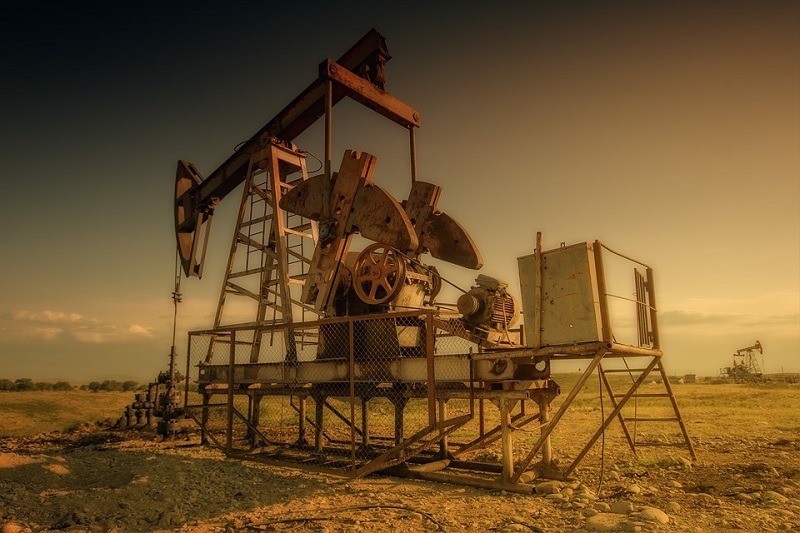Senior oil and gas analyst at GlobalData Will Scargill believes the delays to oil investment in Sudan are the result of political instability in the region

Credit: Johannes Plenio/Pixabay
In early March, South Sudan’s oil minister vowed improved relations with Sudan would spur investment and bring crude production levels back to where they where when the state gained independence in 2011.
Progress since then has been scarce in both territories, with Sudan’s output today resting at a fraction of what it was a decade ago – 60,000 barrels per day (b/d) compared with 500,000 b/d.
Meanwhile, after nearly 30 years in power. President Omar al-Bashir has been ousted and arrested, according to defence minister Awad Ibn Ouf.
“I announce as minister of defence the toppling of the regime and detaining its chief in a secure place,” he said in a statement.
Following the news, Will Scargill, senior oil and gas analyst at market intelligence firm GlobalData, offers his view on its potential effect on the country’s oil and gas industry.
What’s behind Sudanese oil investment delays?
“Efforts to attract renewed investment into Sudan’s oil and gas industry may be delayed by political upheaval.
“The government was hoping that remaining US sanctions would be lifted, paving the way for new licensing, but a bid round now appears unlikely in the near term.
“Sudan’s oil industry has declined significantly over the past decade, now producing a little over 60,000 b/d compared to around 500,000 b/d back in 2007.
“Major oil fields were lost when South Sudan gained independence in 2011 and the remaining industry has suffered from a lack of investment, in part due to the country’s political and economic isolation.
“To combat this the government had hoped to offer acreage for new exploration later this year, though this process had already been delayed from its original schedule.
“A change in leadership after al-Bashir’s 30 years in power is bound to be disruptive to the implementation of policies to attract new investment and at the moment the political situation still appears very uncertain.
“The current instability may continue if the army’s transition plans do not meet protestors’ wider demands.”
